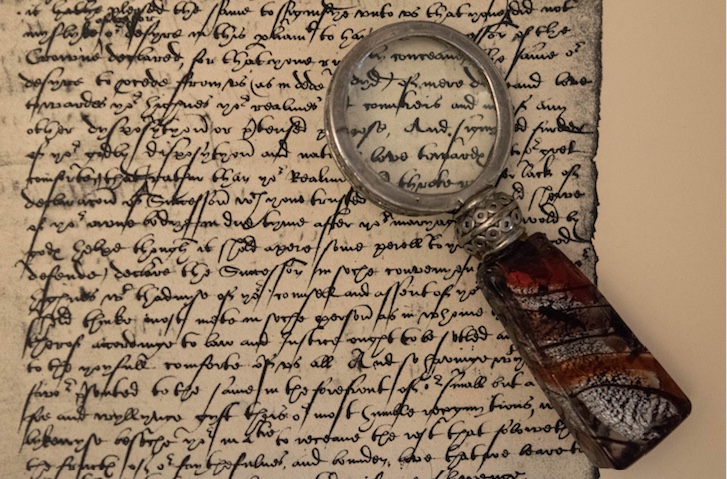Narrated for the sake of it: Narration and its Modernist Consonance in T. S. Eliot’s "The Waste Land"
DOI:
https://doi.org/10.13133/2239-1983/14388Abstract
T.S. Eliot’s The Waste Land has received critical acclaim as an anthem of the postwar generation, helping to shape the reception of modernist culture (Gillies & Mahood 2007). Only few critics take a look at its transgeneric character but none has so far looked at how the poem’s narrations pervade modernist tendencies and ideologies of its time. In fact, dubbing it as a variegated or collage poem blatantly dismisses any attempt to include it in the nascent field of narrative poetry. However, on the grounds that it is a typically modernist alternative to continuous narrative and quasi-narrative sequences (McHale 2007) and as a number of its parts are narrated, this essay approaches it from a narratological perspective. The analysis aims to show that those narrations are consonant with and epitomize modernist tendencies and ideologies, including the cyclical view of life and cultural pessimism, the epistemological dominant, skepticism about what we know and how we know it, as well as gender and sexuality issues such as women’s objectification and procreation as the main and most important role of a woman.
Key Words: Narrative sequences, collage poem, Narratology, The Waste Land
##submission.downloads##
Pubblicato
Come citare
Fascicolo
Sezione
Licenza
Gli autori che pubblicano su questa rivista accettano le seguenti condizioni:- Gli autori mantengono i diritti sulla loro opera e cedono alla rivista il diritto di prima pubblicazione dell'opera, contemporaneamente licenziata sotto una Licenza Creative Commons - Attribuzione che permette ad altri di condividere l'opera indicando la paternità intellettuale e la prima pubblicazione su questa rivista.
- Gli autori possono aderire ad altri accordi di licenza non esclusiva per la distribuzione della versione dell'opera pubblicata (es. depositarla in un archivio istituzionale o pubblicarla in una monografia), a patto di indicare che la prima pubblicazione è avvenuta su questa rivista.
- Gli autori possono diffondere la loro opera online (es. in repository istituzionali o nel loro sito web) prima e durante il processo di submission, poiché può portare a scambi produttivi e aumentare le citazioni dell'opera pubblicata (Vedi The Effect of Open Access).


